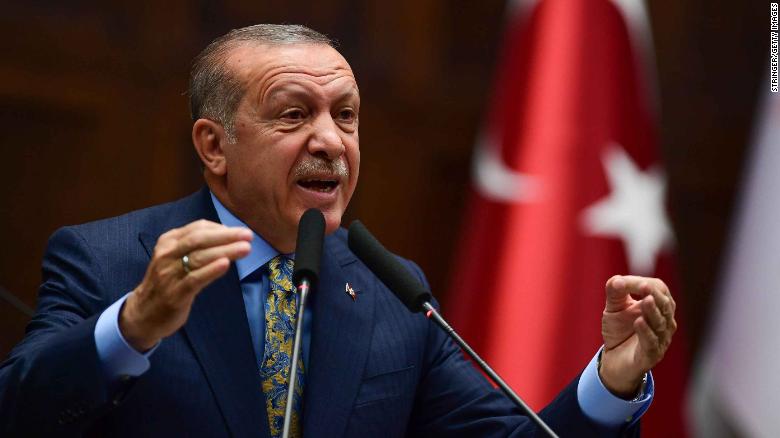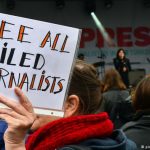The rise and fall of liberal democracy in Turkey: Implications for the West
DOWNLOAD
EXECUTIVE SUMMARY
After nearly two decades of rule in Turkey by the Justice and Development Party (AKP) and its leader Recep Tayyip Erdoğan, the initial promise of reform has given way to authoritarian and dysfunctional politics. The democratic and economic achievements of the AKP’s early years helped launch membership negotiations with the European Union (EU) and made Turkey a model for neighboring states undergoing reforms. However, this positive picture did not last long: Democratic gains eroded, economic growth stalled, EU accession ground to a halt, and relations with most neighbors grew acrimonious.
In this paper, the authors identify internal and external drivers that contributed to democratic backsliding in Turkey. On the domestic side, the country has a political culture that is willing to accept “big man” rule, feels less attached to core civil liberties associated with liberal democracy (such as freedom of expression and media), and has become more conservative and less tolerant of diversity. Erdoğan’s abandonment of inclusive politics in favor of exclusionary policies further aggravated Turkey’s societal polarization along conservative-religious and secular-progressive lines, complicating efforts to defend shared democratic values. Erdoğan used the government’s response to the July 2016 coup attempt, which all political parties rejected as an assault on the country’s democracy, to crush remaining opposition. The transformation of Turkey’s decades-old parliamentary system into a heavily centralized presidential one further removed checks and balances.
Among external factors, the botched EU accession process contributed to Turkey’s democratic regression. Destabilizing regional developments, especially in Syria, also played a role. In particular, domestic politics were adversely affected by the arrival of over 3.5 million Syrian refugees, attacks in Turkish cities by the Islamic State (ISIS), and the collapse of the ceasefire with the Kurdistan Workers Party (PKK).
The paper also examines the consequences of increasingly authoritarian rule in Turkey. It has weakened the governance structures of state institutions, harmed the previously strong economy, and contributed to the prioritization of nationalist concerns in foreign policymaking.
As the political situation is unlikely to improve in the near term, the paper concludes that relations between Turkey and the trans-Atlantic community will remain strained for the foreseeable future. The paper encourages these countries to retain a long-term perspective given Turkey’s geostrategic importance to the West as well as their current political, security, socio-economic, and cultural integration with Turkey. In the short term, they should continue addressing respective security concerns, adopt policies that encourage rule of law improvements, and engage Turkish civil society. In addition, regional organizations such NATO, the Council of Europe, and the Organization for Security and Co-operation in Europe (OSCE) should actively engage Turkey in support of shared trans-Atlantic values.
Source: Brookings



